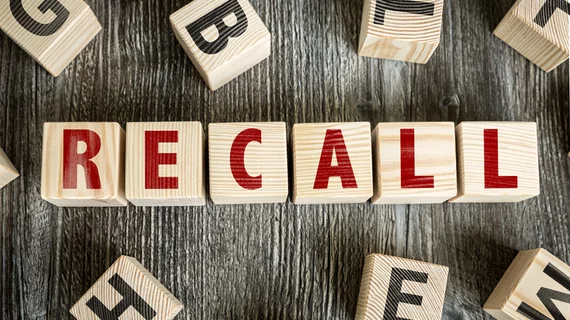Cardinal Health recalls some Monoject syringes
Cardinal Health today announced it has issued a voluntary recall, in coordination with the FDA, for all sizes of its branded Monoject Luer-Lock Soft Pack Sterile Syringes and Monoject Enteral Sterile Syringes with the ENFit connection, due to an issue where new product dimensions may not be fully compatible with pumps.
The company is urging patients and providers to not use the affected syringes and follow instructions from Cardinal Health to return any inventory they currently have. The product removal is lot-specific, with impacted product codes listed on Cardinal Health’s site. Older Covidien brand Monoject syringes are not included in this recall.
The issue stems from the company’s release of “Cardinal Health”-branded Monoject syringes in June 2023, which were manufactured by a different contractor and differed slightly in dimensions from the “Covidien”-branded syringes.
These small changes in size may cause issues with syringe pumps, PCA pumps and enteral syringe pumps performing as expected. Cardinal Health said it had received 15 reports of delayed therapy because syringe infusion pumps did not recognize the new syringes, and 13 reports of inaccurate dosing, which included some injuries, though no reported deaths.
Cardinal Health had issued a previous product correction related to the issue late last year, and said the current expansion to full product removal was designed to reduce confusion for customers. The company said it plans to work with the FDA and manufacturers to reintroduce Cardinal Health branded Monoject syringes in the future.

